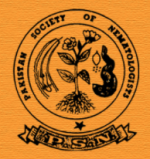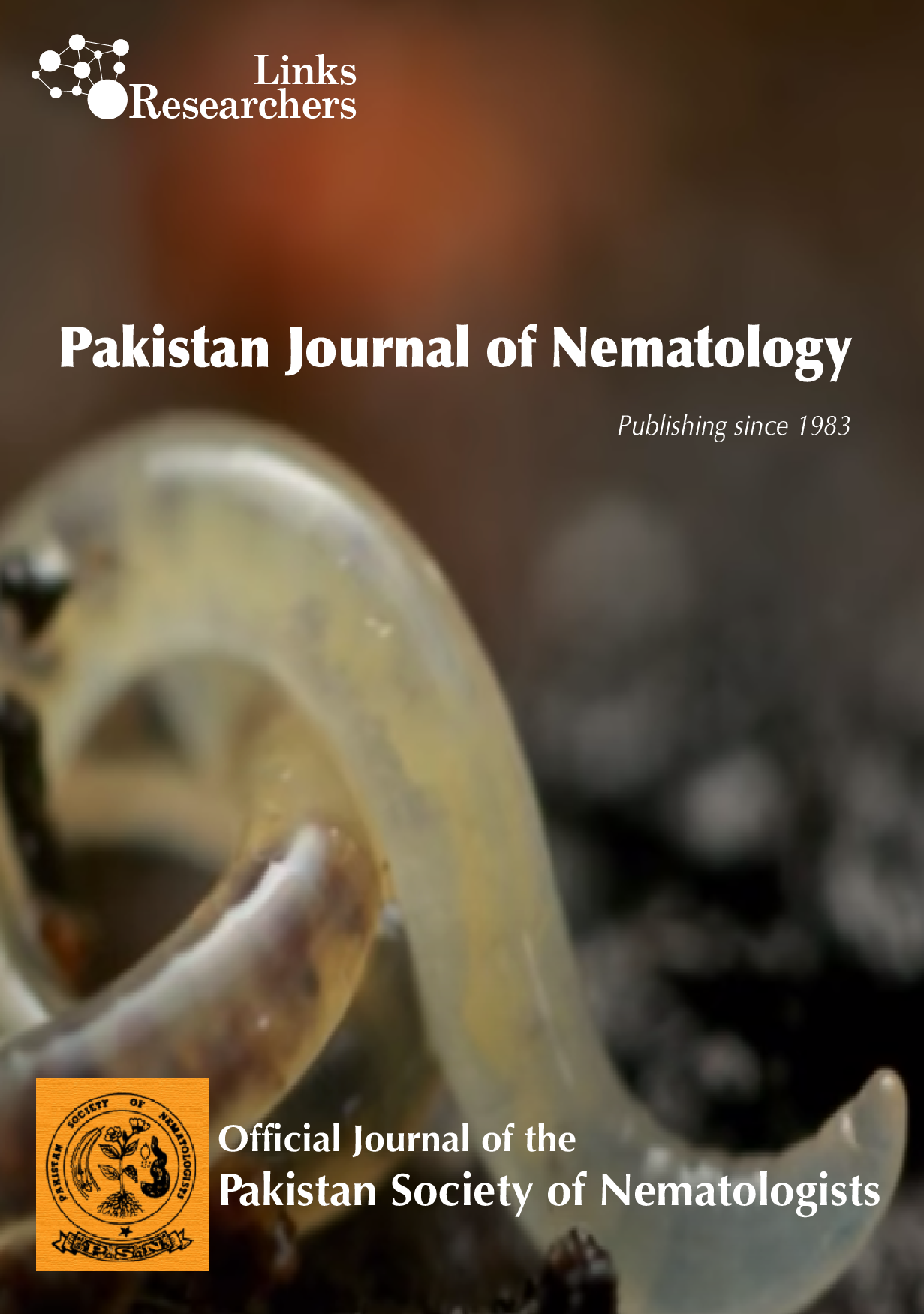This study was carried out to determine the effects of rice white-tip nematode Aphelenchoides besseyi on yield and
yield components in the experimental fields of the Thrace Agricultural Research Institute, Turkey in 2012. Four
rice cultivars commonly grown in Turkey were used in trial. The experiment was conducted as split plot in a
completely randomized block design with four replications with treatments (naturally infected seeds, artificially
infected plots, 5000 A. besseyi m-2 and non-infected) as a main plots, cultivars (Halilbey, Gala, Tunca and Edirne)
as a sub-plots were evaluated. In nematode-contaminated plots where it was seen that decreases of yield and weight
of 1000 seeds found statistically important at the level 0.01 (P < 0.01). Compared to the control treatment, in
naturally infected treatment cultivars Halilbey, Edirne, Gala and Tunca exhibited 26.7%, 15.8%, 15.6% and 8.1%
yield decrease, respectively. In the artificially infected treatment cv. Halilbey, Edirne, Gala and Tunca exhibited
29.6%, 14%, 13.5% and 5.1% yield decrease, respectively.





